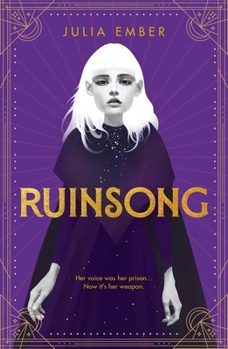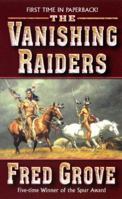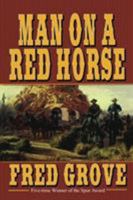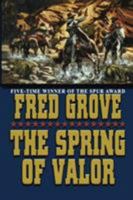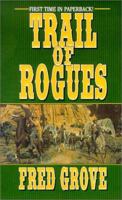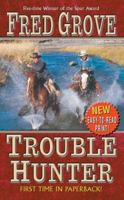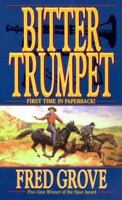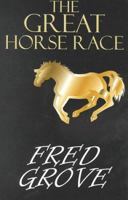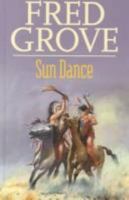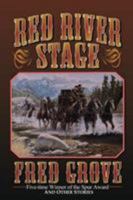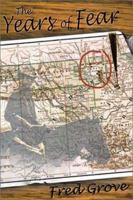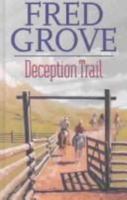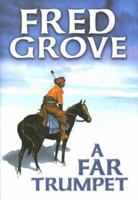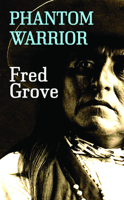Ruinsong
Select Format
Select Condition 
Book Overview
In Julia Ember's dark and lush LGBTQ+ romantic fantasy Ruinsong, two young women from rival factions must work together to reunite their country, as they wrestle with their feelings for each other.
Her voice was her prison...Now it's her weapon. In a world where magic is sung, a powerful mage named Cadence has been forced to torture her country's disgraced nobility at her ruthless queen's bidding. But when she is reunited with her childhood friend, a noblewoman with ties to the underground rebellion, she must finally make a choice: Take a stand to free their country from oppression, or follow in the queen's footsteps and become a monster herself.
Related Subjects
Contemporary Fiction Genre Fiction Historical Literary Literature & Fiction World LiteratureYou Might Also Enjoy
Customer Reviews
Wolf Hall Mentions in Our Blog

No matter how long our TBR lists get, we're always finding new books we want to add! Here are 25 exciting April releases available for preorder, along with suggestions for similar reads you can enjoy right away.

With your toes in the sand, the sun on your face, and the roar of the surf drowning out your worries, reading at the beach is a double dose of escape. But what makes the perfect beach read? Depends on the reader. If you're looking for a really big book to get lost in, here are 29 beach-perfect doorstoppers for you.
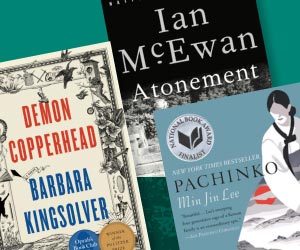
A few weeks ago, The New York Times Book Review published a piece entitled The 100 Best Books of the 21st Century and it has garnered lots of attention. Here's a look at the list, along with highlights, a reading guide, and more.

The Renaissance was a time of great social change, scientific advancements, and flourishing culture, making it a rich period for powerful, exciting narratives. Here are twelve of our favorite historical novels set during the Renaissance.

From Queen Elizabeth's passing to the reunion of Bennifer, it's been a year full of big stories. As a fun twist on the New Year's tradition of a retrospective on the events of the previous twelve months, we have gathered a collection of nine classic books that sum up 2022.











